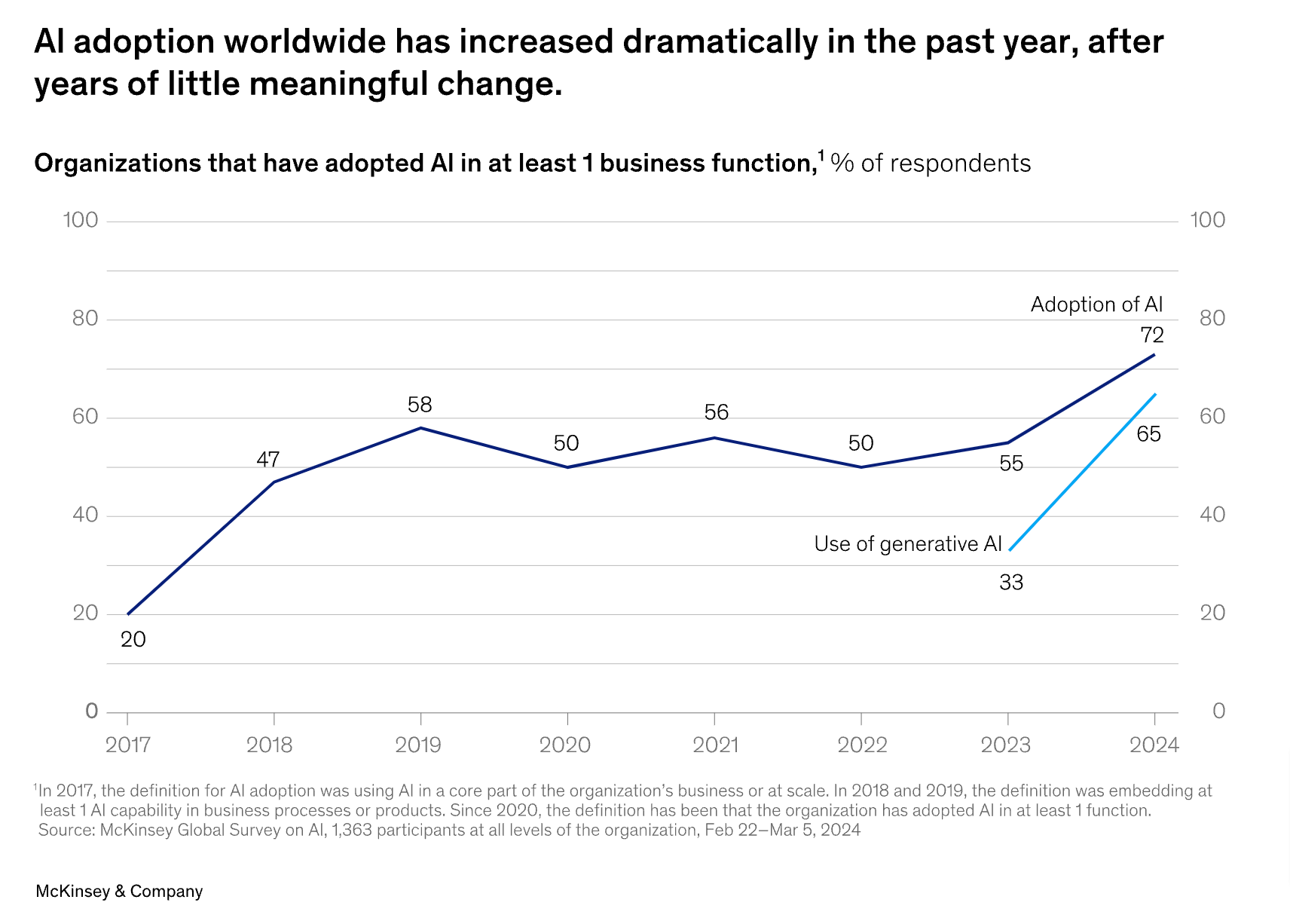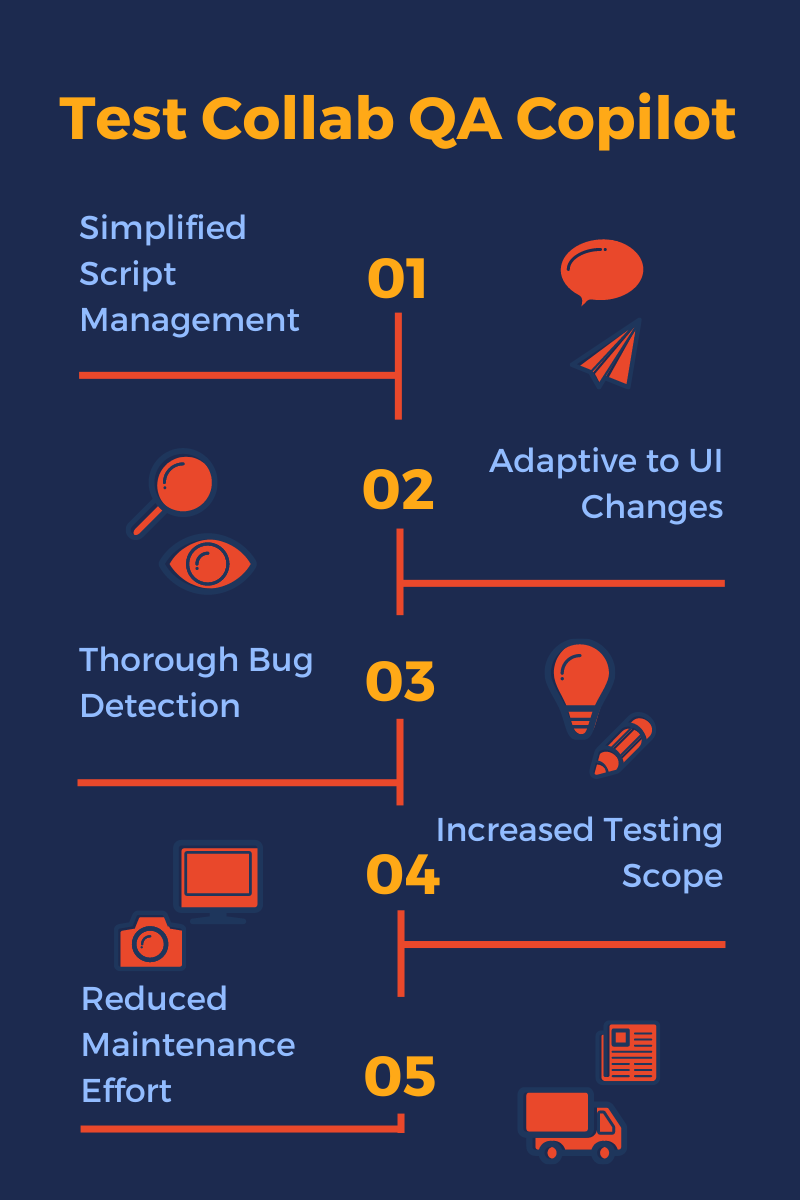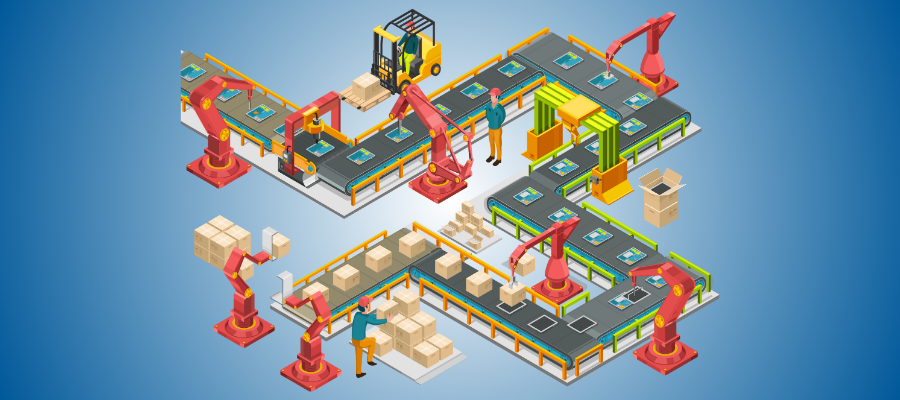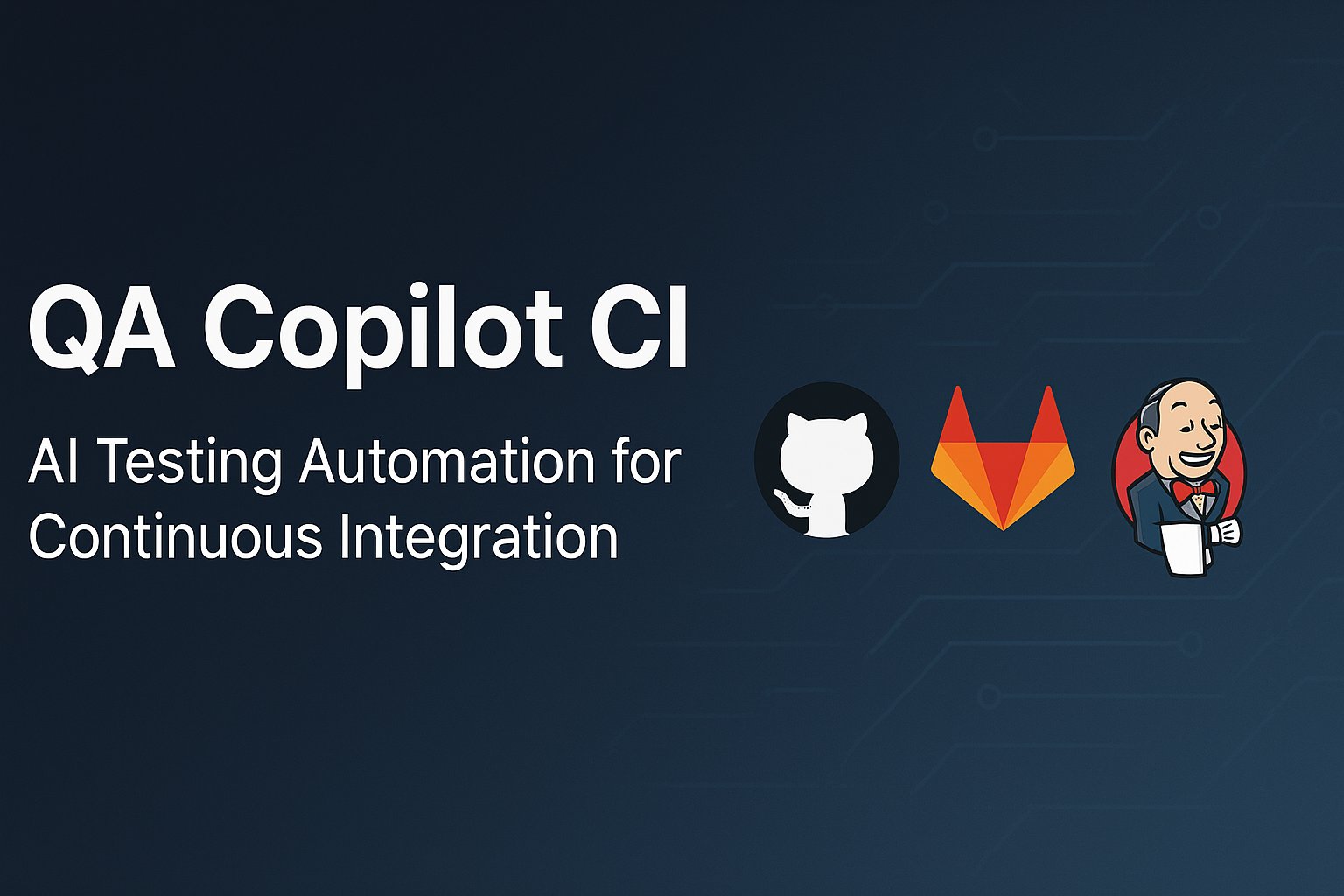Rapid deployment CI/CD is essential for SaaS businesses because it ensures quick delivery of features and fixes, enhancing customer satisfaction and competitiveness. Additionally, it reduces downtime and errors by automating testing and deployment processes.
Developers, DevOps engineers, and QA testers collaborate to ensure deployments are pushed without any roadblocks. Their roles involve coding, automating deployment processes, and verifying software integrity, respectively.
For developers, finding a bug can take hours to days, depending on complexity. For DevOps and QA testers, identifying deployment issues or bugs typically takes a few hours, as their focus is on the operational and testing phases.
Key metrics in a software development life cycle (SDLC) include bug count, severity, priority, time to detection, time to resolution, and reopen rate. These metrics help track the efficiency and effectiveness of the bug-fixing process.
Time to detection is important because the quicker a bug is identified, the sooner it can be resolved, minimizing potential negative impacts on users and reducing overall development and maintenance costs.
Without automation, there are several challenges to ensure quality, like slower detection times, higher chances of human error, and increased workload for manual testers. This can lead to delayed releases and potentially higher costs due to inefficiencies in the bug detection process.
But there are several impediments to test automation:
1. Script Maintenance
Maintaining automation scripts can be time-consuming and prone to errors as the application evolves.
2. Dynamic Elements
Handling dynamic elements in the application requires constant updates and adjustments to the test scripts.
3. Comprehensive Test Coverage
Ensuring thorough test coverage without automation assistance can be challenging and often leads to gaps in testing.
Can AI address some of those?
Recent studies highlight the growing importance of AI in the release lifecycle and provide valuable insights from QA managers and industry leaders.
Generative AI Adoption: A McKinsey survey indicates that businesses are increasingly integrating generative AI across various functions, noting significant cost and efficiency benefits. The highest performers are those that industrialize their AI capabilities, akin to MLOps in software development, allowing faster and more reliable model deployments (McKinsey & Company) (McKinsey & Company) .
Developer experience: GitHub's studies on Copilot reveal that AI-powered tools significantly enhance developer productivity and satisfaction. Developers using Copilot complete tasks faster and report higher fulfillment, indicating a positive shift in the developer experience with AI integration (The GitHub Blog) .
Investments in AI tools help in automating repetitive tasks and improving overall software quality. As a result, companies can achieve faster release cycles, ensuring higher customer satisfaction and retention.
QA Copilot: AI for testing
QA Copilot is our advanced AI-powered tool designed to streamline test automation by maintaining scripts, auto-healing broken tests, and ensuring comprehensive test coverage, all without the need for constant manual intervention.
There are several benefits that you get as early adopter of AI in testing:
Simplified Script Management
Streamlines the process of keeping scripts up-to-date.
Auto-healing broken tests
Automatically adapts to changes in the user interface.
Increased Testing Scope
Expands the scope of testing, ensuring comprehensive bug detection.
Reduced Maintenance Effort
Minimizes the manual effort required for script updates.
Thorough Bug Detection
Covers all testing areas to catch bugs early and effectively.
Acme Solutions: A case-study
At Acme Solutions, the team is dedicated to keeping the app up-to-date by pushing code changes weekly and deploying them automatically. After deployment, a manual testing process takes place, which typically takes 3-4 hours. This ensures the application remains stable and reliable for users.
In Acme Solutions' current process, the time to detect bugs is extended due to the reliance on manual testing, which takes 3-4 hours after each deployment. This delay can increase the time bugs remain undetected, potentially affecting the app's stability and user satisfaction until the manual testing is complete.
Acme Solutions hired an automation engineer to automate the testing process, but after months of investment into automation frameworks, they still achieve only 20% test coverage with very brittle test scripts. The automation engineer spends most of their time keeping scripts up-to-date as they break after every few commits.
The ongoing issues with low test coverage and brittle scripts led Acme Solutions to reconsider their approach. Realizing the inefficiency and high maintenance costs of their existing automation frameworks, the company decided to invest in AI-driven solutions to enhance test coverage and reduce the time spent on script maintenance. This strategic move aimed to improve the reliability and efficiency of their deployment process.
They documented ~200 test cases that need verification after every release of their web app. Automating these test cases would take their test automation engineer several weeks, and even then, the scripts would likely remain brittle. This inefficiency highlighted the urgent need for a more robust solution like QA Copilot.
Stage 1: Test Documentation
As their first step, Acme Solutions documented all these 200 test cases in the Test Collab test management system.
Stage 2: Automation
Thanks to QA Copilot's natural language understanding, the QA team at Acme Solutions, despite lacking coding knowledge, was able to automate 160 of the documented test cases using AI in just 2 days. This significant progress allowed them to swiftly prepare for the next phase of their testing process. They are now poised to begin executing these automated test cases, anticipating a more efficient and reliable release cycle.
Stage 3: First release
After implementing QA Copilot in a week, it was time for Acme Solutions' weekly release. The team got to work and, before releasing to production, assigned all test cases for the staging environment to QA Copilot.
Within a few minutes, all 160 test cases were executed flawlessly and 80% passed. This efficiency allowed the team to focus on more complex scenario testing and business logic rather than maintaining test scripts or manually testing each component.
Each test case execution came with a recording of AI executing all steps in a test case, providing verification as specified by a manual tester. This new process not only improved their testing efficiency but also boosted the team's confidence in the reliability of their releases.
Future prospects and innovations
Looking ahead, QA Copilot plans to incorporate automated cross-browser testing, ensuring comprehensive coverage across different platforms. Vision enablement will further enhance the tool's capabilities, allowing it to interact with and verify visual elements within applications. Additionally, AI-powered test case writing will streamline the creation of test cases straight from requirements, making the process faster and more efficient for QA teams.
To learn more about QA Copilot and how it can revolutionize your QA processes, check out QA copilot page.









